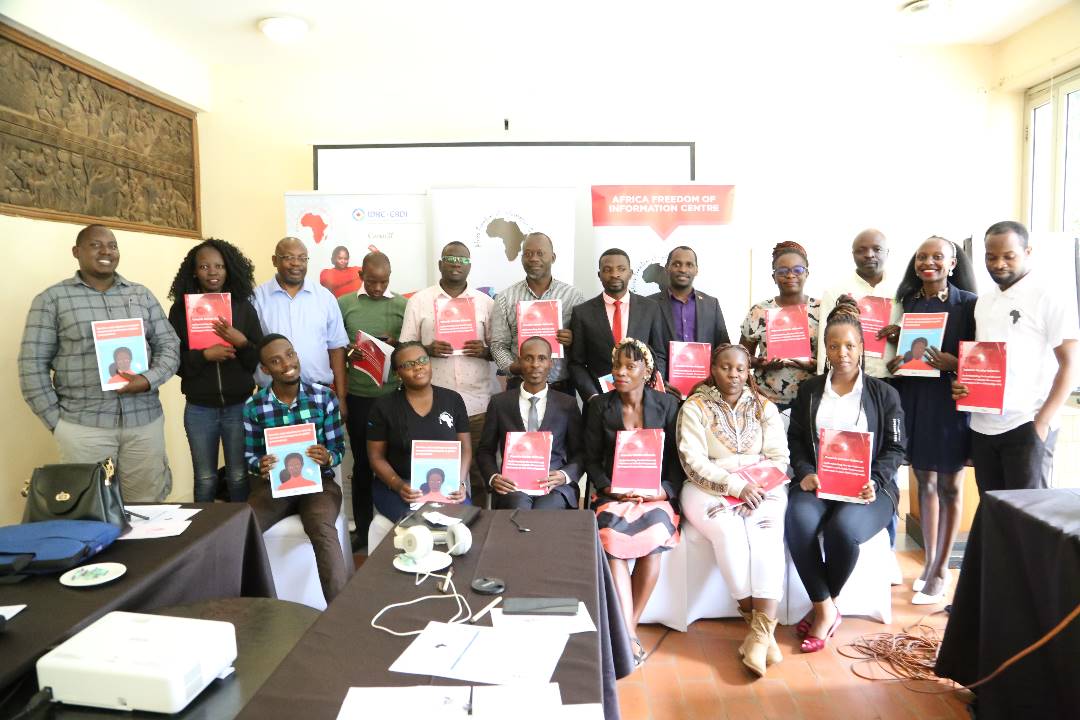Accounting jargon is a language all of its own! And it doesn’t help that there are multiple names for the same things.
If you haven’t learned to speak the lingo, this communication barrier can make doing your accounts or talking to your accountant a struggle.
I will demystify some of the most common accounting jargons.
- Depreciation
Many businesses have equipment and items that enable them to do business. Over time, such equipment lose value as we use them as a result of wear and tear, obsolescence, or usage.
Depreciation therefore recognizes the decrease in value and it’s therefore a way of spreading the cost of an item across its useful life.
When you buy business assets, you can spread the cost of these by claiming a deduction in your income tax return. It’s a bit like claiming expenses, but instead of claiming the total cost of the item, you claim the amount it depreciates each year.
When you don’t account for depreciation, you underestimate your costs. Depreciation lowers your profit, it can also lower your tax bill.
Depreciation exercise helps you have a better idea of what the assets of your business are worth and when you may need to plan to replace them or budget more for repairs and maintenance.
- Shareholders Current Account
At its simplest, the shareholders current account is a record of the money you contribute to the business and all the money you withdraw from the business.
Normally, when you start a business the shareholders put cash into the business to get it going. This is known as funds introduced or cash deposits.
As time goes by you may need to take money out of the business either to repay the startup loan or for personal engagements. This is called drawings. It can be helpful to think of it as effects in advance.
An overdrawn current account is where shareholders have taken more out of the company than they have put in and now owe the company money.
To stabilize your shareholder current account back from being overdrawn, you can either top it up with cash from your personal account, or at the end of the year the company can pay you a shareholder salary from its profits in case any.
- Accounts Payable And Accounts Receivable
Accounts payable are the bills your business hasn’t paid yet. It might be for stock you’ve purchased from a supplier, repairs to a machine in your business, or your phone bill. Also known as Creditors, Trade Creditor, Payables or AP.
Accounts receivable are funds your company expects to receive from customers who haven’t paid you yet. You might have heard these called Debtors, Trade Debtors, AR, or Receivables
Both your payables and receivables are reflected in your Balance Sheet. It is helpful to budget for your upcoming creditor payments and forecast your incoming debtors to ensure you have sufficient cash flow to run your business.
- Gross Profit vs. Net Profit
Profit is the amount of money you have left from your sales after paying all the costs in your business. A accountants we talk about two types of profit and both are important.
Gross profit is the amount of money left from a sale after you have deducted the cost of goods or services sold.
If Mr. Richard Okello is a retailer who buys a computer for $100 and sells it for $250 then his gross profit is $150. Gross profit is important because it’s what’s left over to cover all the other costs in your business… and ultimately you!
Net profit is the amount of money left after you have paid for the goods or services you sold, plus all the other costs of running your business like rent, software subscriptions, telephone bills, electricity, wages etc.
The difference between gross and net profit is your operating expenses and taxes. When you subtract those costs from your gross profit, you end up with your true profit – net profit.
- Margin vs Markup
Normally, you hear business owners talking about the Gross Margin and Markup. They are simply different ways of looking at the same thing – the difference between what you buy a product for and what you sell it for.
Markup is how much you add to the cost of your product to determine your selling price. It’s usually expressed as a percentage. Elianah buy a handbag for $100 and sells it for $250 then her markup is 150%
Gross margin is simply your gross profit as a percentage of your sales. The higher your gross margin, the easier it is to meet the other costs of running your business.
The Gross Profit on that handbag Elianah bought for $100 and sold for $250 is $150. To work out the margin we divide the gross profit by sales, which gives us a margin of 60%. This tells us that from of every dollar of handbag sales Elianah makes, she has 60 cents to cover her other business expenses.
- Cash vs Profit
Often times, there is confusion between cash in the bank and profit. Cash does not mean profit and profit does not mean cash. A company can be profitable but lack cash flow.
When you have more money flowing into your business each month than you spend on costs and expenses? Then you’re “cash flow positive.” Vice versa means you’re “cash flow negative.” Excess cash means you’re better equipped to keep up with debt, cover expenses, pay wages and invest in growth.
Profit is defined as revenue before deducting all business expenses in a particular time period. Just as cash flow, profit can be depicted as a positive or negative number. When it’s a negative number, it’s typically referred to as making a loss – i.e. you are spending more than you are making.
To run a successful business, you’ll need both profit and to be cash flow positive.
- Accrual vs Cash
The main difference between cash and accrual accounting is the timing of when revenue and expenses are recorded.
Cash accounting records revenue when the money is received and expenses when the money is paid out.
Accrual accounting records revenue when it is earned and expenses when they are incurred.
Cash accounting does not record payables and receivables, while accrual accounting does.
Most businesses use accrual accounting the reason why cash in the bank doesn’t match up with your profit.
- Profit and Loss Statement and Balance Sheet
Now that we know some of the main terms now. Where do we record all these?
In your accounting software, you are able to access your Profit and Loss Statement and your Balance Sheet.
You might have heard them called a few different names due to in corporate reporting, but they all do the same thing. These record the financial health of your business.
Whichever term you use, the Profit & Loss report shows all your business earnings and costs over a given time, usually a month, quarter or year. a.k.a Statement of Financial Performance, Income Statement, P&L.
The Balance Sheet shows how much you own (Assets), how much you owe (Liabilities) and how much you’d be left with once you sell all the assets to pay off all the liabilities at a given point of time. Usually the end of a month or the end of a financial year.
The writer is a certified tax advisor and a chartered Accountant.
Do you have a story in your community or an opinion to share with us: Email us at Submit an Article









